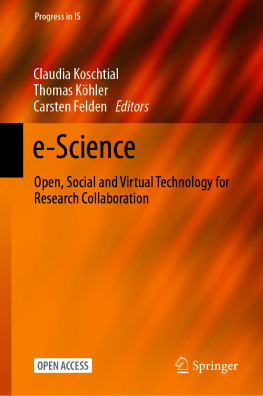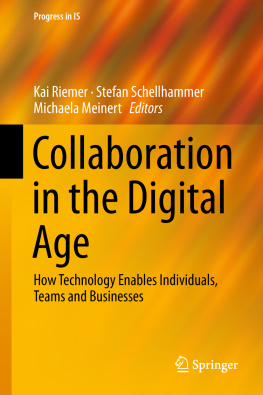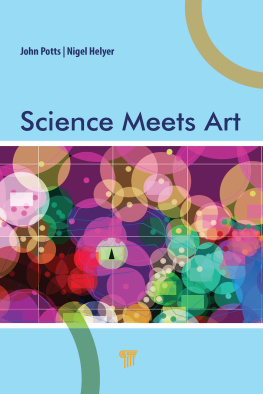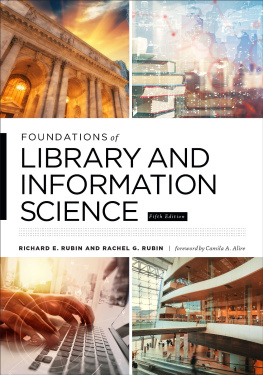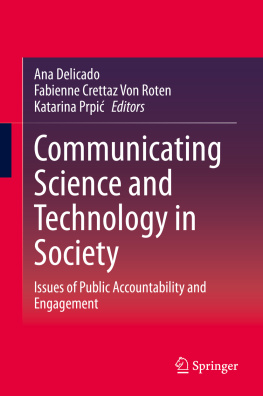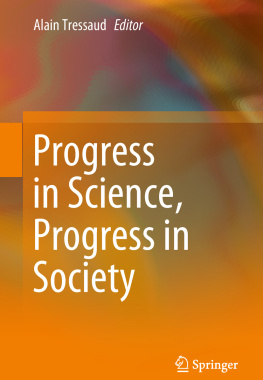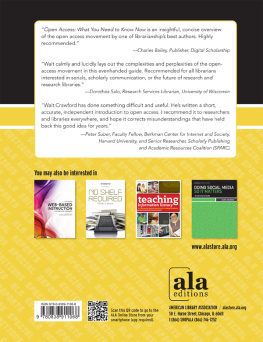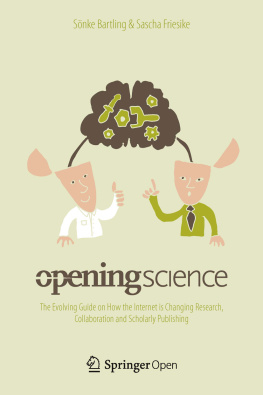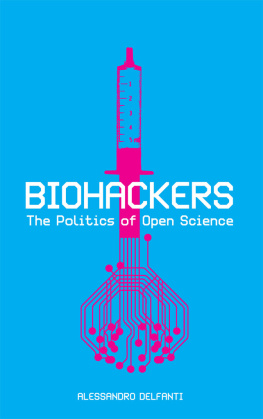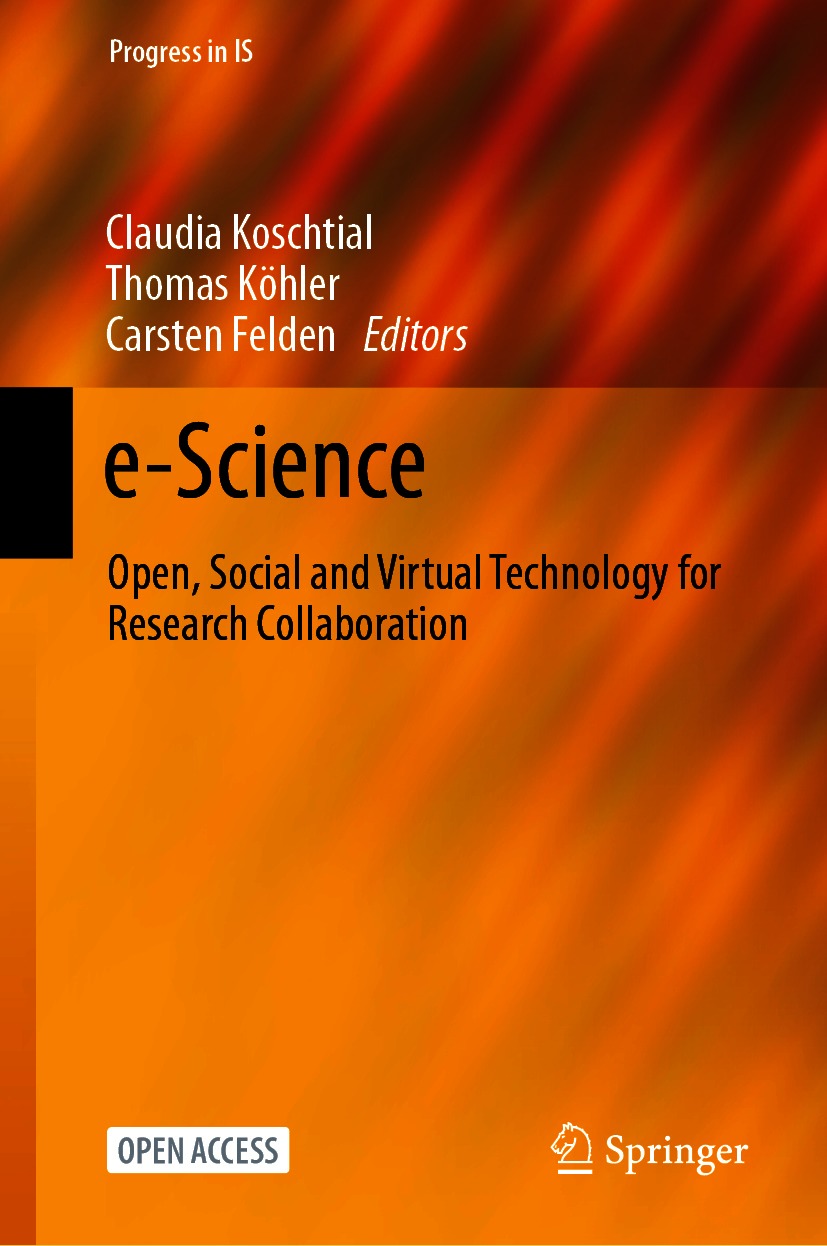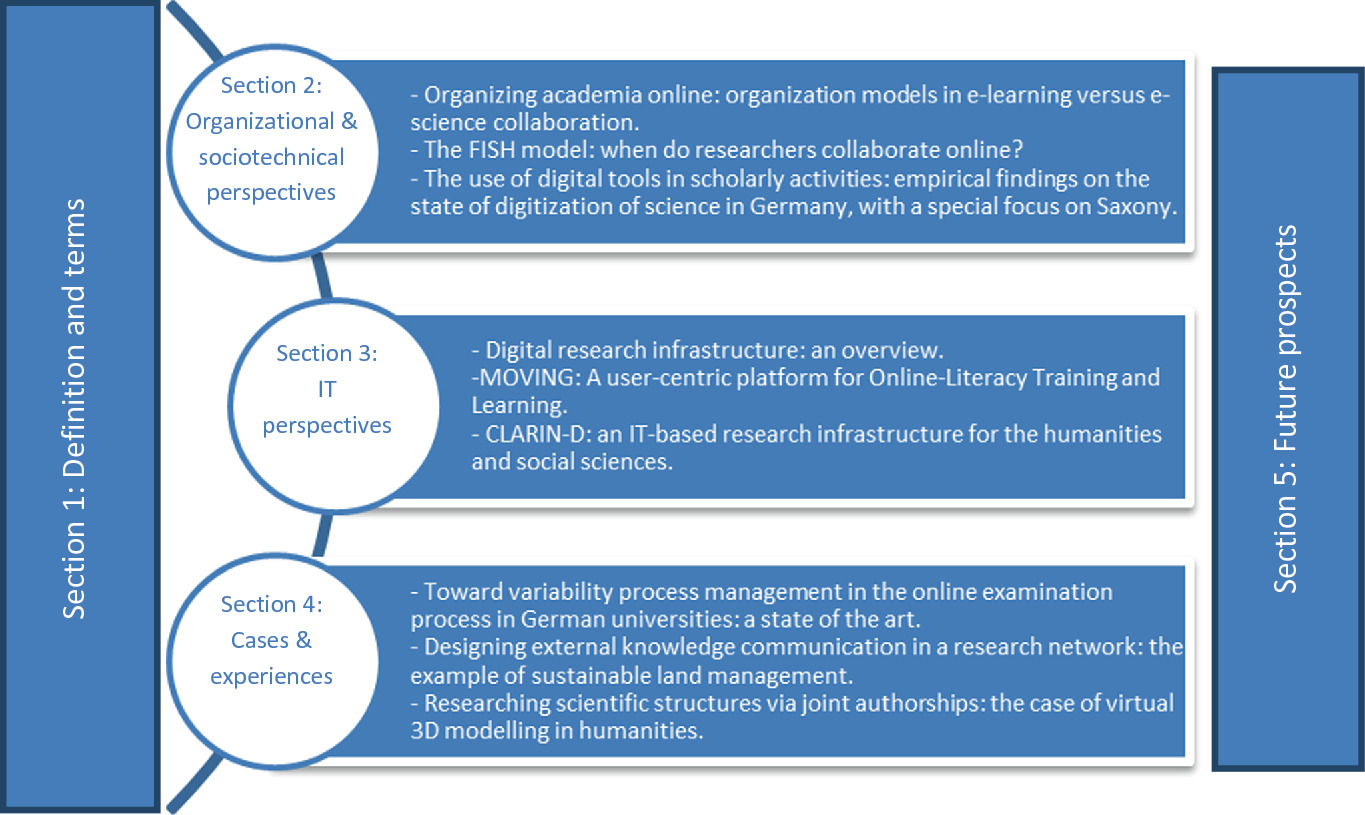Progress in IS
PROGRESS in IS encompasses the various areas of Information Systems in theory and practice, presenting cutting-edge advances in the field. It is aimed especially at researchers, doctoral students, and advanced practitioners. The series features both research monographs that make substantial contributions to our state of knowledge and handbooks and other edited volumes, in which a team of experts is organized by one or more leading authorities to write individual chapters on various aspects of the topic. PROGRESS in IS is edited by a global team of leading IS experts. The editorial board expressly welcomes new members to this group. Individual volumes in this series are supported by a minimum of two members of the editorial board, and a code of conduct mandatory for all members of the board ensures the quality and cutting-edge nature of the titles published under this series.
More information about this series at http://www.springer.com/series/10440
Editors
Claudia Koschtial
TU Bergakademie Freiberg, Freiberg, Germany
Thomas Khler
Media Center, TU Dresden, Dresden, Germany
Carsten Felden
TU Bergakademie Freiberg, Freiberg, Germany
ISSN 2196-8705 e-ISSN 2196-8713
Progress in IS
ISBN 978-3-030-66261-5 e-ISBN 978-3-030-66262-2
https://doi.org/10.1007/978-3-030-66262-2
This book is an open access publication.
The Editor(s) (if applicable) and The Author(s) 2021

Open Access This book is licensed under the terms of the Creative Commons Attribution 4.0 International License ( http://creativecommons.org/licenses/by/4.0/ ), which permits use, sharing, adaptation, distribution and reproduction in any medium or format, as long as you give appropriate credit to the original author(s) and the source, provide a link to the Creative Commons license and indicate if changes were made.
The images or other third party material in this book are included in the book's Creative Commons license, unless indicated otherwise in a credit line to the material. If material is not included in the book's Creative Commons license and your intended use is not permitted by statutory regulation or exceeds the permitted use, you will need to obtain permission directly from the copyright holder.
The use of general descriptive names, registered names, trademarks, service marks, etc. in this publication does not imply, even in the absence of a specific statement, that such names are exempt from the relevant protective laws and regulations and therefore free for general use.
The publisher, the authors and the editors are safe to assume that the advice and information in this book are believed to be true and accurate at the date of publication. Neither the publisher nor the authors or the editors give a warranty, expressed or implied, with respect to the material contained herein or for any errors or omissions that may have been made. The publisher remains neutral with regard to jurisdictional claims in published maps and institutional affiliations.
This Springer imprint is published by the registered company Springer Nature Switzerland AG
The registered company address is: Gewerbestrasse 11, 6330 Cham, Switzerland
Introduction
Claudia Koschtial
Thomas Khler
Carsten Felden
This publication, e-science: The enhanced science, is a collection of conference papers, reviewed and selected in a double-blind review process by a distinguished reviewer committee. From the very beginning when John Taylor introduced the term, e-science did not only comprise infrastructure as an enabler of scientific discovery, but also global collaboration in key areas of science (Taylor 1999). As computer technologies and digital tools pervade the academic world, it is time to ask what changes are implied when an e is added to science. What is primarily discussed in Germany and Great Britain under the term e-science corresponds in the USA to the concept of cyber infrastructures and in Australia to the concept of e-research.
More recently the discourse about e-science has been dealing with collaborative research that is based on a comprehensive digital infrastructure. This infrastructure both ultimately integrates all relevant resources for a research domain in a digital format and provides tools for processing such data. In computing-intensive research scenarios, e-science includes distribution of computing capacities, supporting collaborative processes of a rather inter-institutional character, such as (inter)national networks. The open innovation approach creates new platforms for developing and publishing research results. For example the MOVING platform ( http://moving-project.eu/moving-platform/ cf. Vagliano et al. 2018) supports new collaborative research practices and has become a resource for further research.
In this sense and in addition to the technological aspect (virtualization of hardware), e-science also has a social and politics-of-science aspect (cooperative research, reusability of data and interoperability of digital tools). Although there is the will to expand e-science methods into the wider economy and society, this development is occurring slowly. New skill sets are being acquired in the e-humanities, virtual engineering or visual analytics (Redecker and Punie 2017; Khler 2018). Yet e-science also comprises open access, e-learning and grid computing; these changes are enabled by state funding and public interest. As a result, the concept of e-science continues to generate new concepts for particular disciplines such as e-geography, e-humanities, e-medicine or e-engineering.
The 2014 International Conference on Infrastructures and Cooperation in e-Science and e-Humanities reflected the broad ongoing discussion concerning the changes affecting research and teaching in universities nowadays. It addressed current questions and solutions related to technologies or applications as well as their implications for the conduct of science. It investigated digitally enhanced academic initiatives from technological and socio-scientific perspectives.
This volume is subdivided into five sections representing different perspectives on e-science, as seen in the figure below. The first section introduces the book and reviews the literature concerning the definition of e-science. Section 2 provides organizational and socio-technical perspectives, especially the use of web 2.0 tools from an individual viewpoint and the successful implementation of such tools from an organizational viewpoint. As e-science of course relates to information technology, Section 3 covers IT perspectives, and Section 4 presents domain-specific cases and experiences. Finally, the proceedings close with future prospects (Fig. ).

